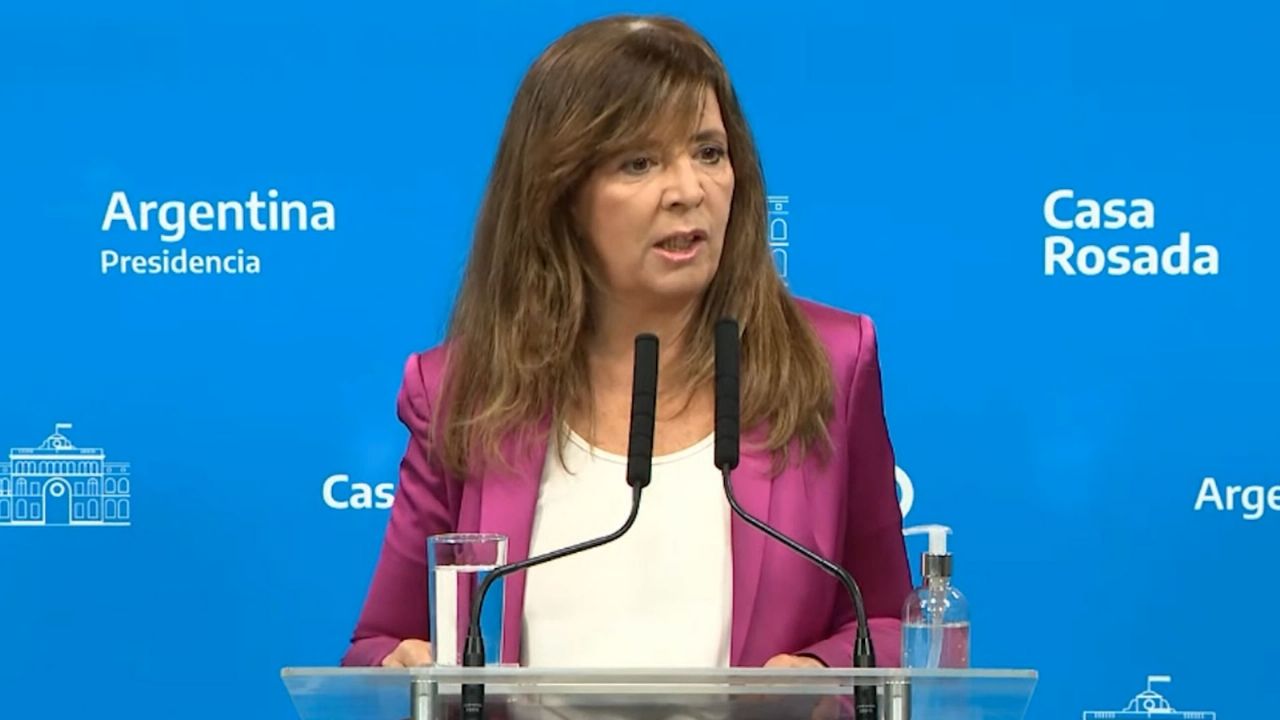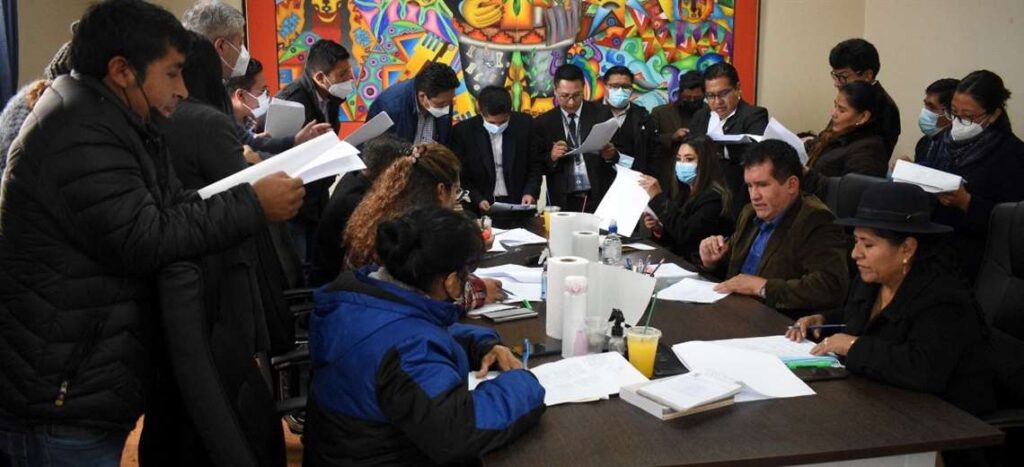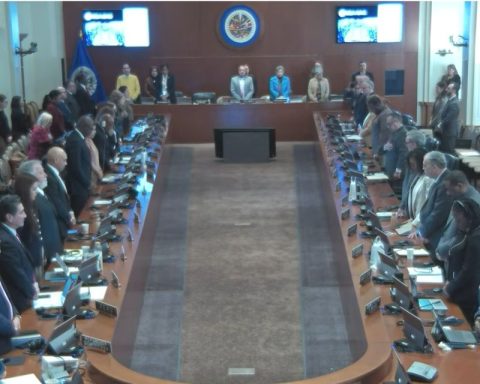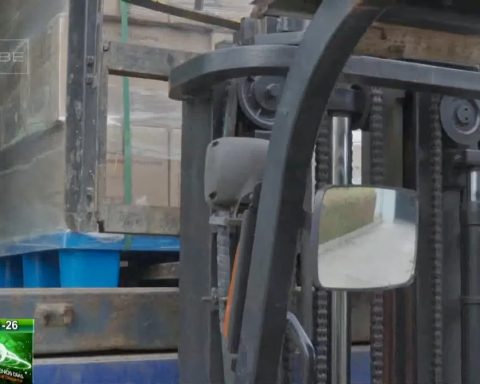Amid the commotion over the recent changes in the Council of the Judiciary, the Government criticized the position of the Supreme Court on the treatment that has been given to the Council.
The announcement of Government It was done through the presidential spokeswoman Gabriela Cerruti, who also stated: “If there is something that does not work well, and the citizens say so, it is the Judiciary,” said the spokeswoman for the Executive.
This, given that the representative of the governmentor also noted that “the Supreme Court should be more focused on resolving the number of rulings that are pending, on imparting justice. The justice that all Argentines expect”
Along this same line, Cerruti pointed against the high court and spoke of “the Supreme Court’s attempt to become a political power and intervene in the decisions that belong to the Legislative Power.”
For this reason, the Executive insists that the solution to resolve the problem with the Council of the Judiciary is to sanction the law that is being processed today in the Chamber of Deputies and already has the approval of the Senate.
“We presented the bill to modify the Council of the Judiciary. That law is the solution, it has half a sanction from the Senate and has not yet been dealt with by the Deputies,” said the spokeswoman.

Cerruti also added: “The president is closely following the conflict between the Legislative Power and the Court with great concern. We are the Executive Power but we closely follow what is happening.”
In turn, the spokeswoman supported the decision of the Front of All to divide the bloc: “The decision made by our block of the Frente de Todos in the Senate of the Nation is within the legal parameters”.

The Government asked the justice to respond to the citizens
In the midst of criticism of the high court for its intervention in the Judicial Council, the executive it brought to light the gaps in the judicial system, since there are hundreds of rulings pending.

Consequently, Cerruti warned that the delay in justice falls on all citizens, who continue to wait for the system to resolve their cases.


















